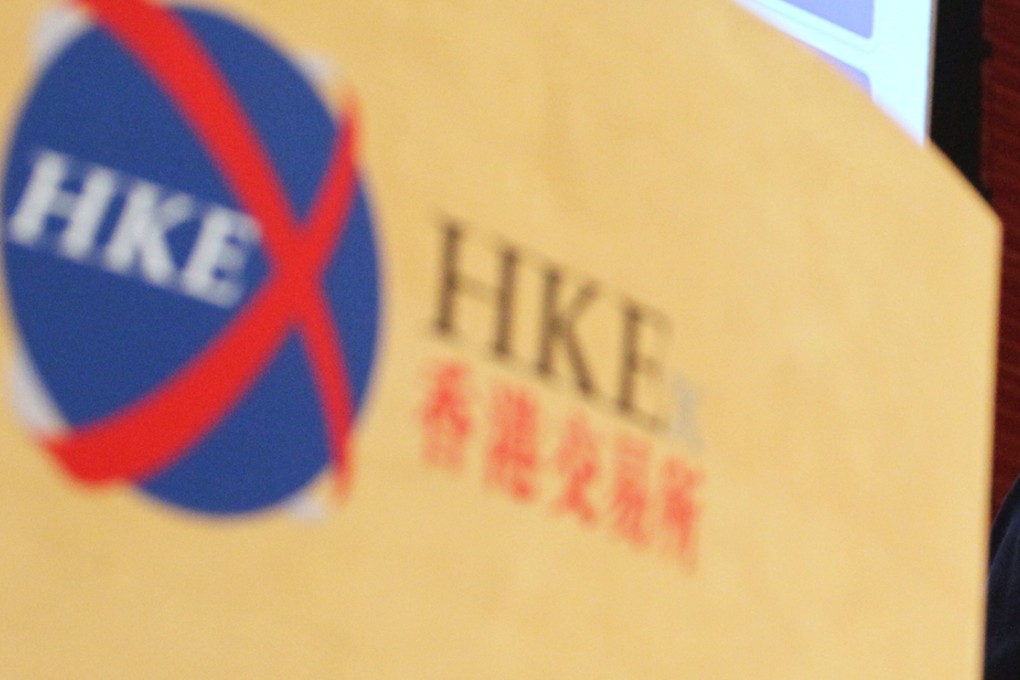Analysis | Things can only get better in HKEx and LME's marriage?
For the tie-up to operate more smoothly after a bumpy start, both parties need to boost their trading volumes and launch more products

This is not a takeover; it is a marriage." That is how Charles Li Xiaojia, the chief executive of Hong Kong Exchanges and Clearing, described the £1.38 billion (HK$17.2 billion) purchase of the London Metal Exchange back in 2012.
He was speaking at the metal exchange's annual black-tie dinner at Grosvenor House in London, conceding that it was the first time he himself, once an oil worker, had ever worn a black tie.
The dinner forms the centrepiece of LME Week, described by Li as "a pilgrimage of like-minded people … where the financial meets the physical; where the best minds meet the largest hands; where the money meets the rock".
Two years on and Li will again sit at the high table at Grosvenor House along with the new management team installed after the purchase.
He, and the massed ranks of the LME brokerage community seated around him, may well be minded of the witticism penned by Canadian playwright Raymond Hull. "All marriages are happy. It's the living together afterward that causes all the trouble."
This marriage has not got off to the best of starts.